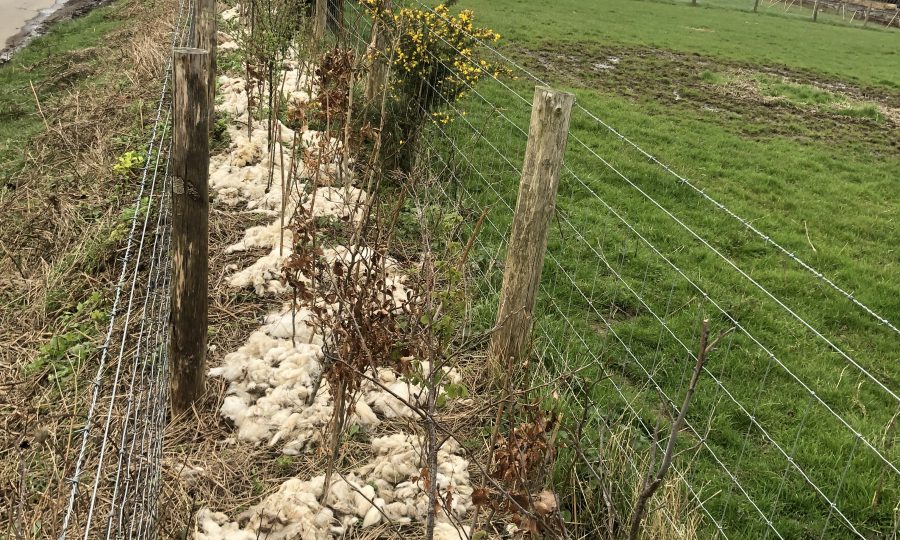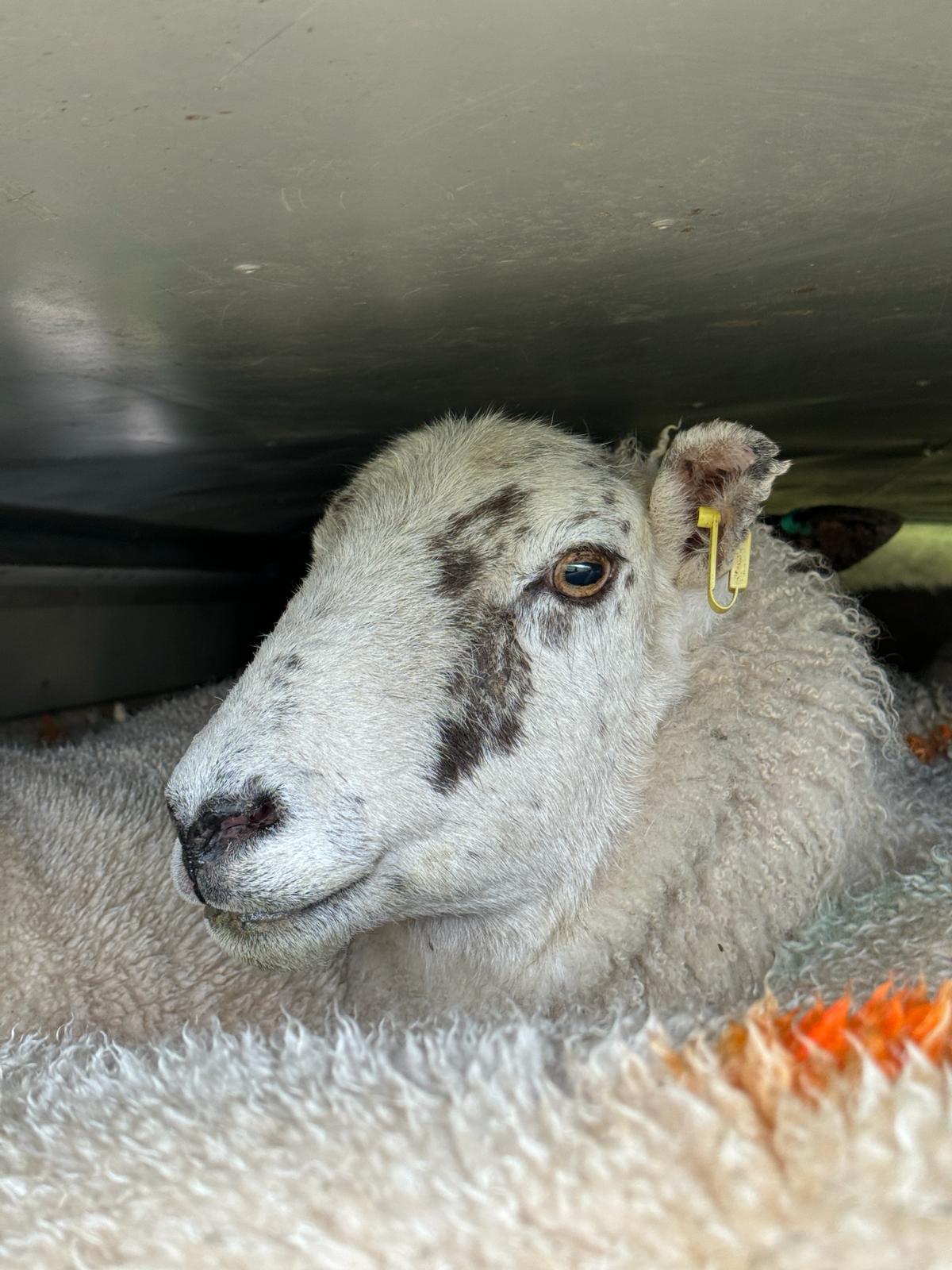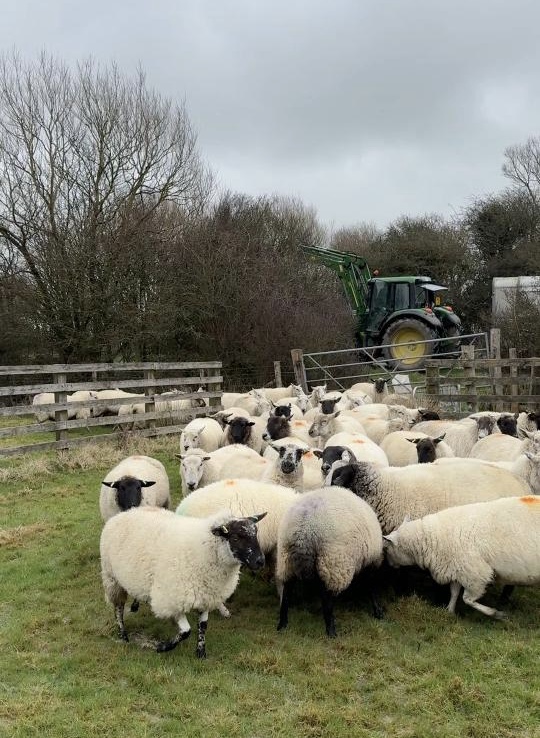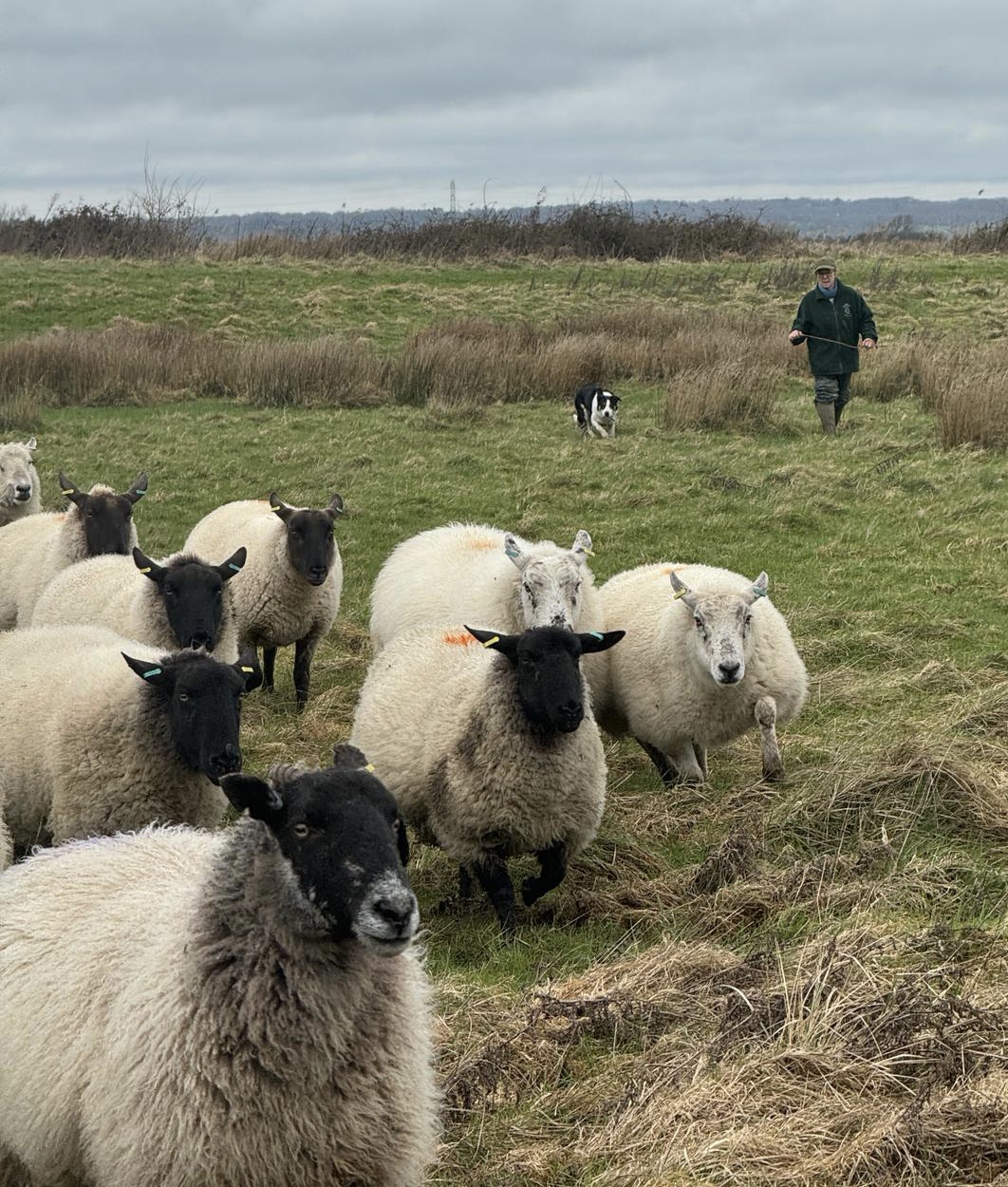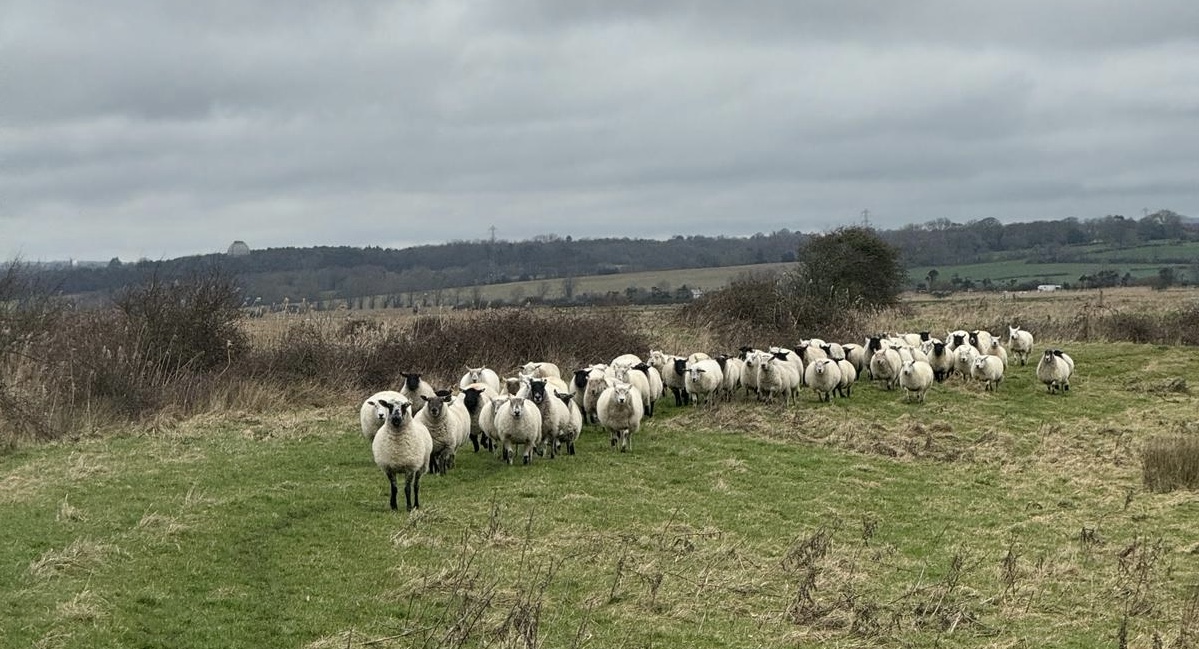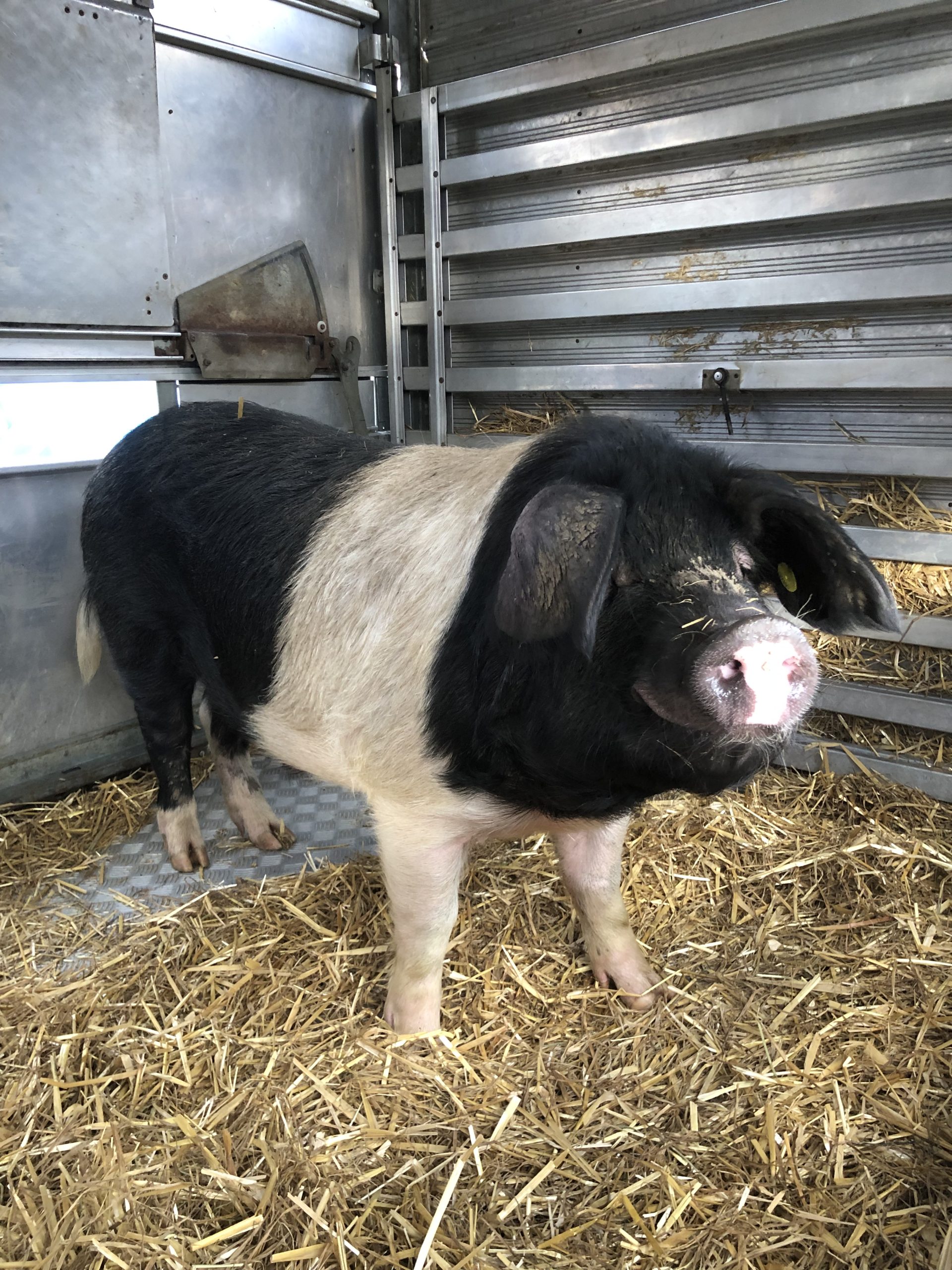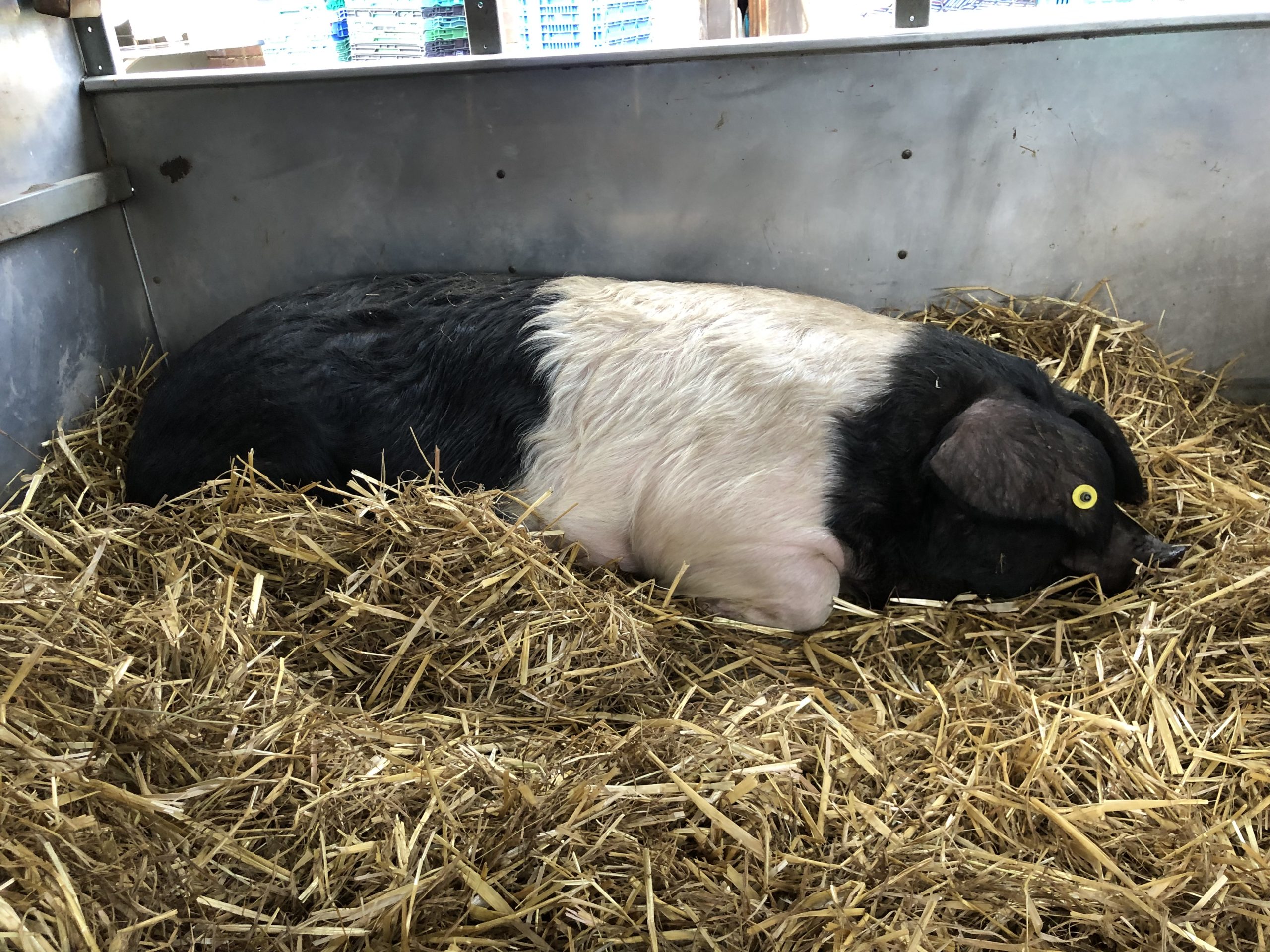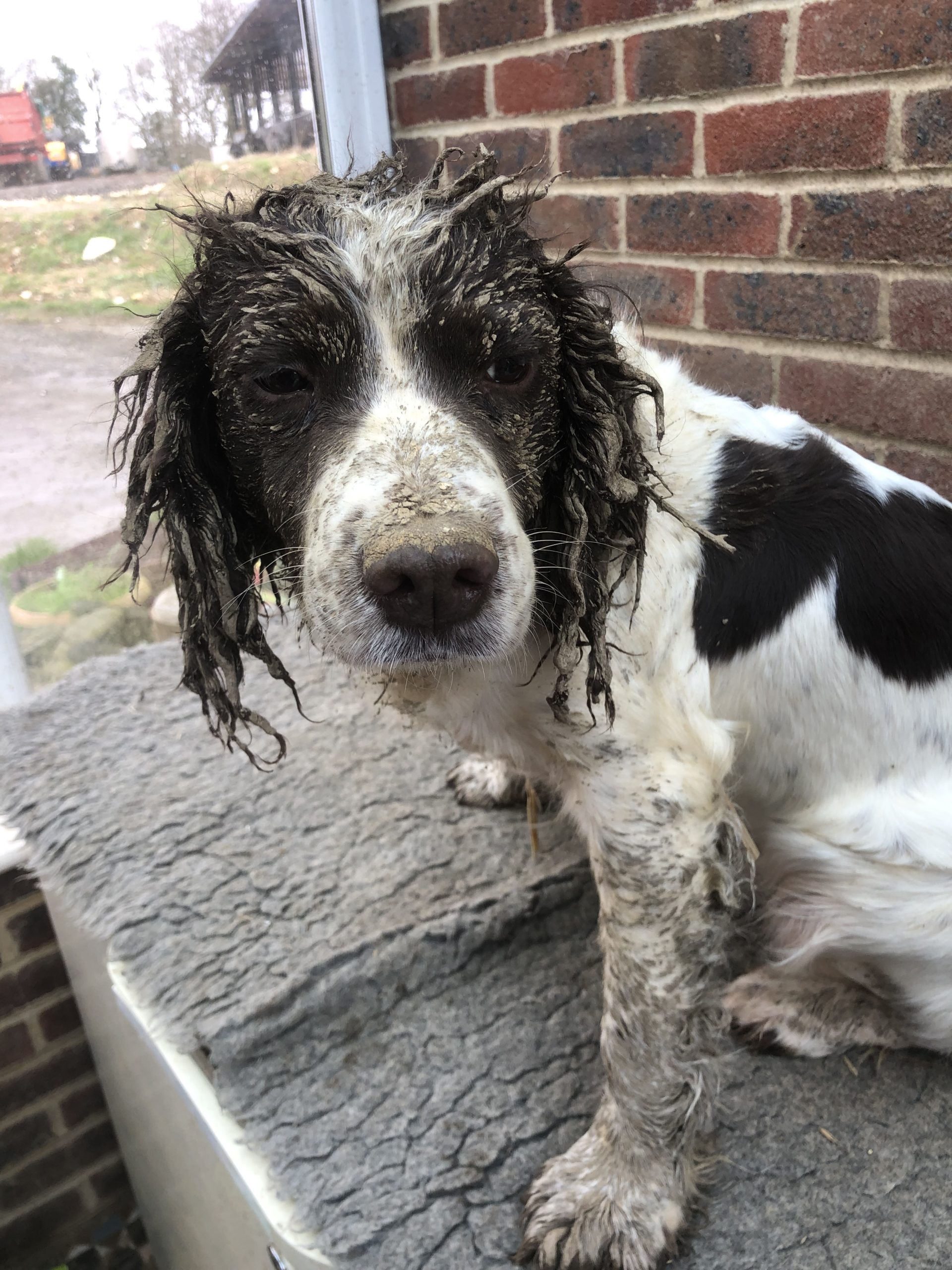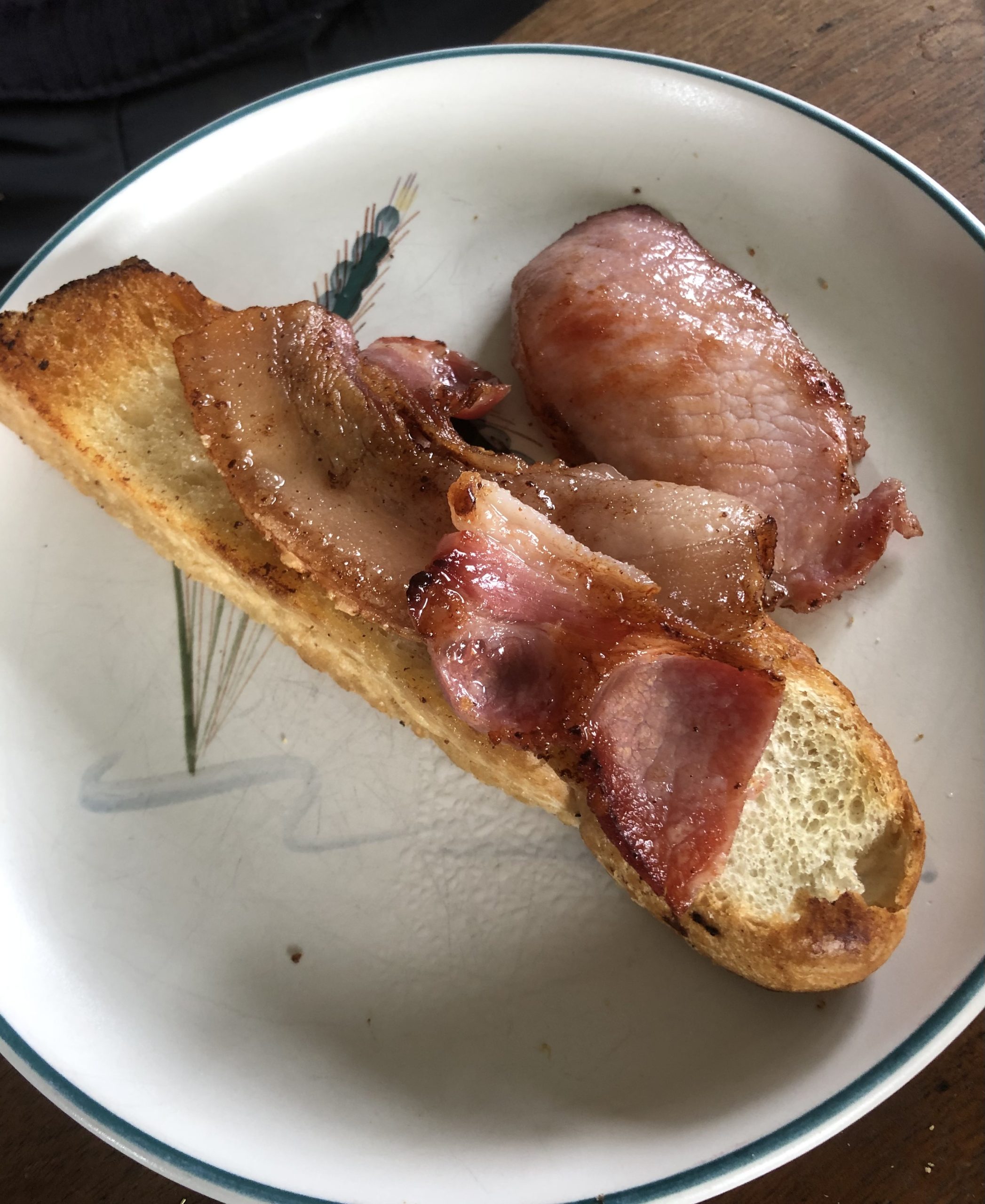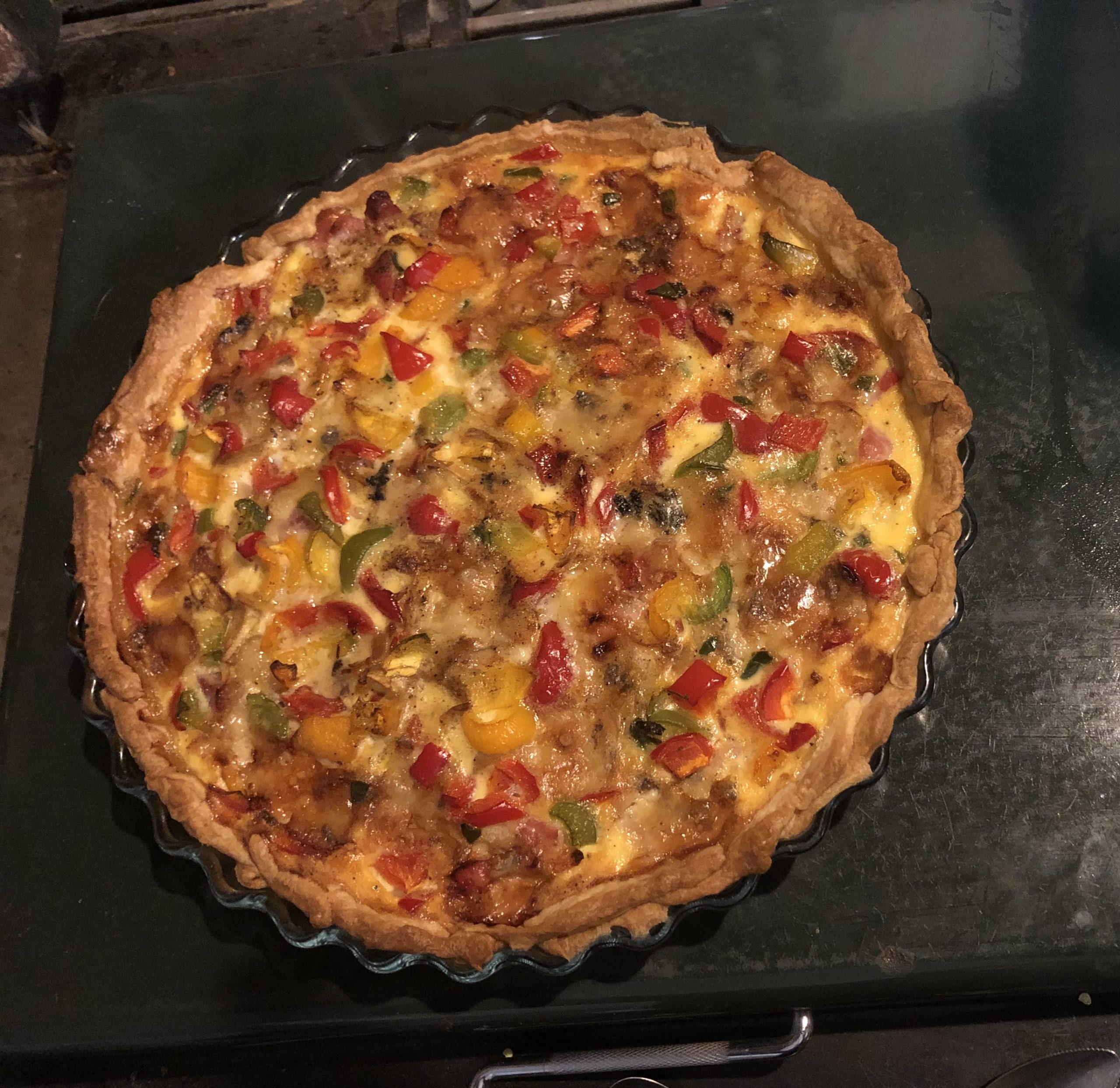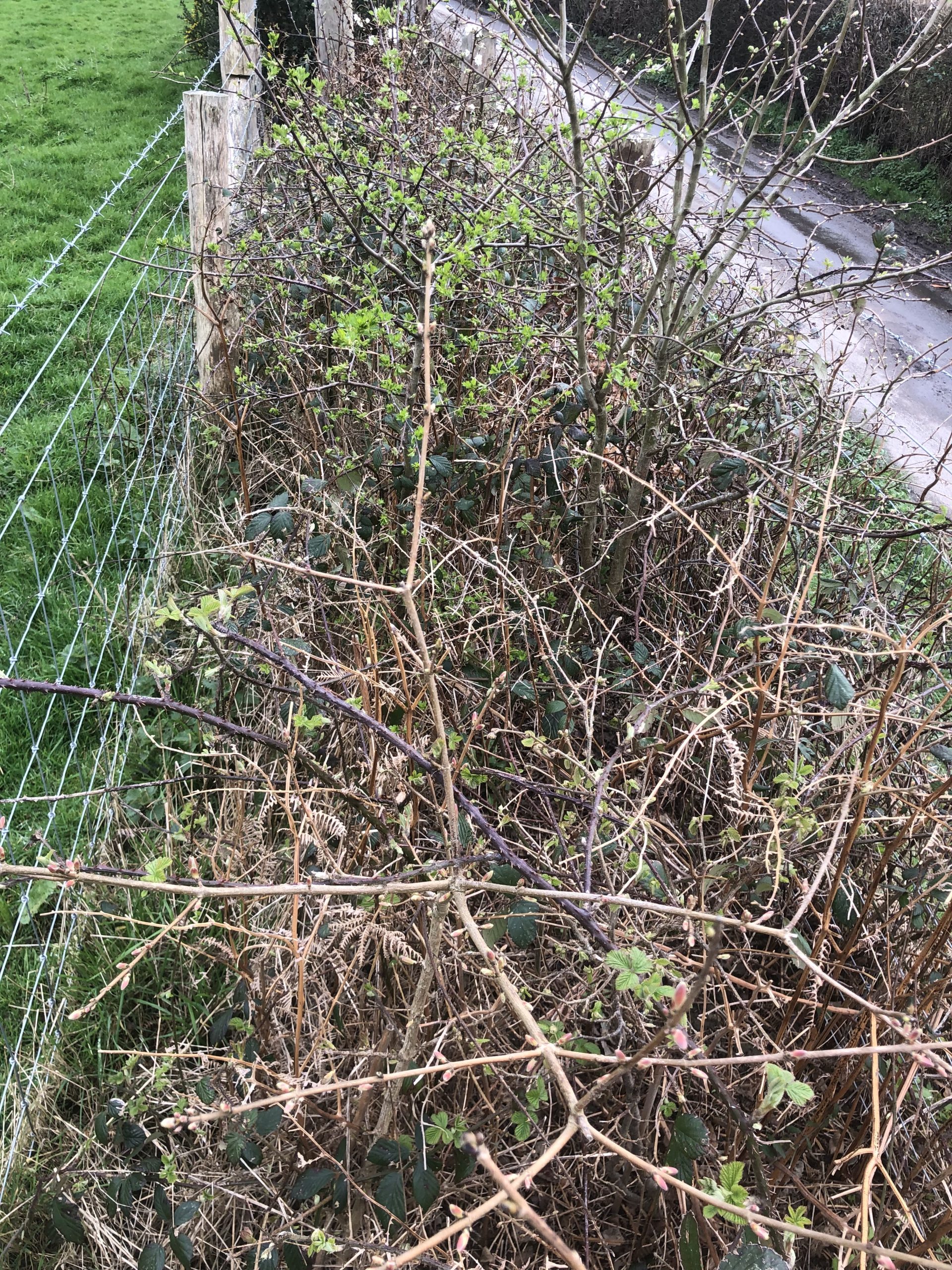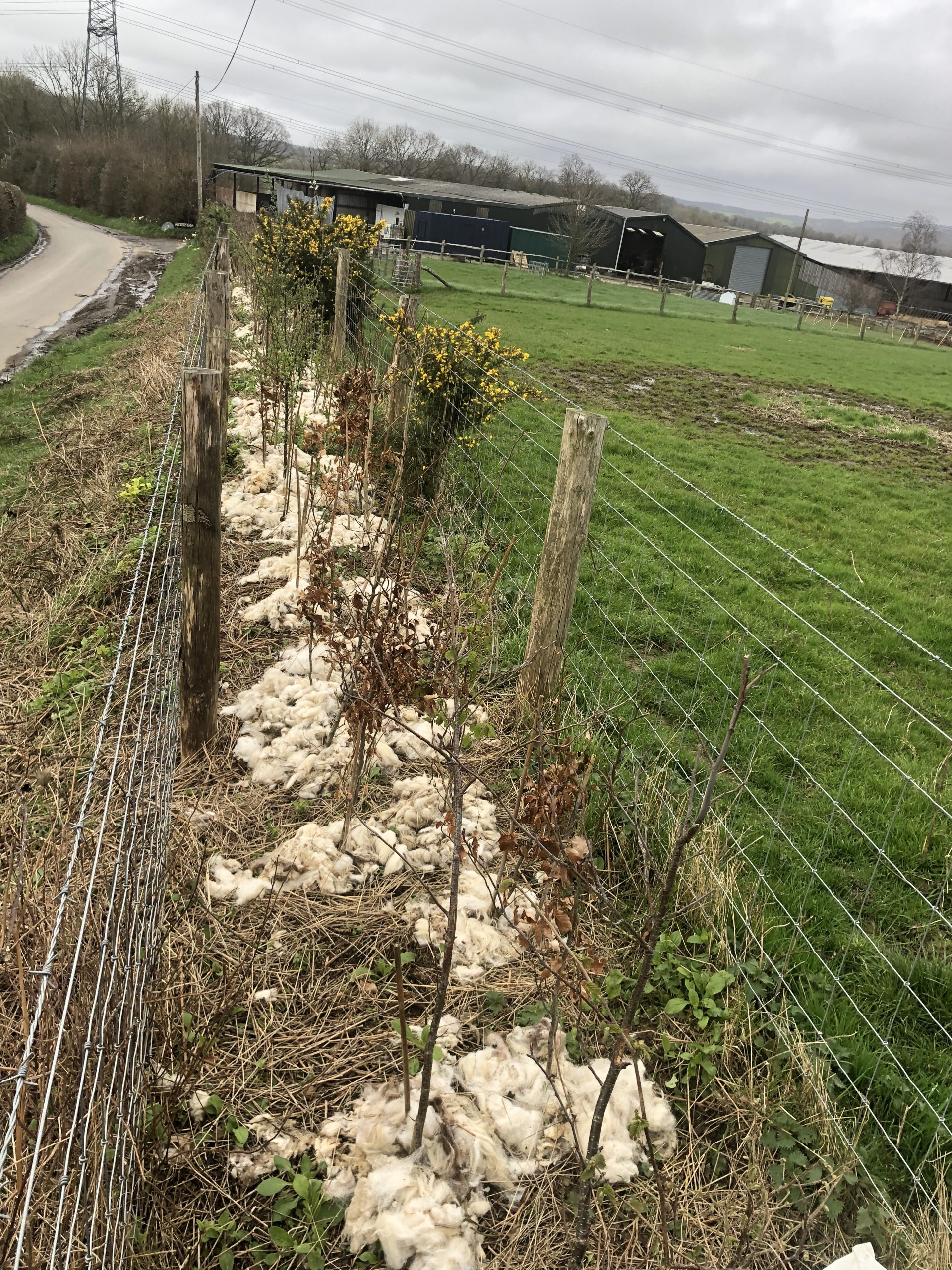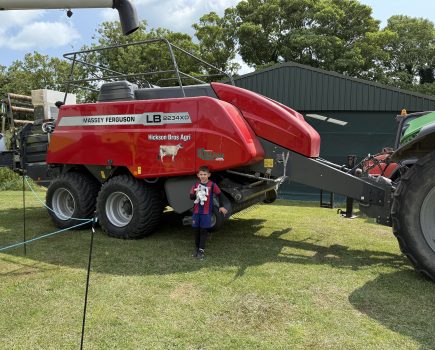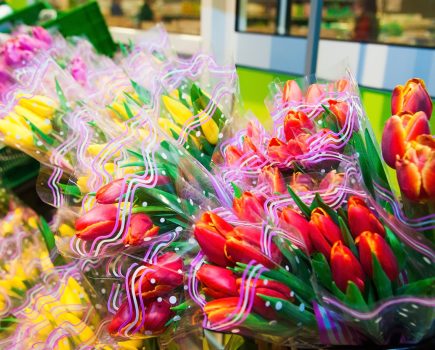Being a Kaleb Cooper groupie was a fun experience. I must admit to having felt a certain amount of scepticism when we were presented with the tickets. The theatre was packed, the audience consisting of a few farmers but predominantly town folk. Kaleb wasted no time in explaining the realities of farming to the audience in an enthusiastic and entertaining way.
He tackled issues like milk prices being below production cost, TB and the devastating affects it has on farms when cattle test positive, and how no control of badger numbers results in a decline in hedgehogs and ground-nesting birds. Kaleb is obsessed about his tractors, his love of cows and his dislike of sheep.
He showcased his rap song I can’t stand sheep, but as he ties it in with the RABI helpline number (0800 188 4444) I suppose I’ll have to forgive him. Although Kaleb had some derogatory comments to make about Jeremy, he did say he was good with pigs.
At the interval he invited the audience to submit questions, which he answered in a Q&A session. He doesn’t mince his words and provided down to earth replies. He managed to get everyone singing the Wurzels song The Combine Harvester. After funding a bursary for two agricultural students last year, Kaleb hopes to sponsor 10 students this year. I was impressed by his mission to promote farming and I hope he achieves his dream of owning a farm.
Today I woke to hear the wind gusting intermittently and the constant sound of rain pelting against the window. I kept my eyes closed and snuggled down under the covers. I wondered why human beings aren’t designed to hibernate, as right at that moment it seemed like an attractive idea.
Then reality struck and I realised the stock work needed doing. The sheepdogs would be keen to get going whatever the weather. The spaniels, who have impressive bladder control, are less keen to venture out in such conditions. I banished all thoughts of hibernation and opened the curtains to reveal floods in the valley, complete with a pair of swans swimming on our underwater marsh field. I consoled myself that spring would soon be here, and so will lambing.
Our winters are undeniably wetter and warmer these days. Flowers such as snowdrops, primroses, daffodils and bluebells start appearing at least a month earlier than they used to.
The climate is changing. While historically this has always been the case, human behaviour is no doubt exacerbating the rate of change.
Taking action to mitigate global warming seems sensible. The subject is becoming something of a political football. It’s disappointing that cattle are disproportionately blamed for adverse effects and yet conveniently little is said about damage caused by wars and air travel etc.
The recent budget did little for farmers. The Government claims it wants to grow the economy, but in reality businesses are being tied up in knots trying to cope with onerous rules, regulations and unnecessary paperwork. Brexit, we were promised, would cut red tape, whereas the opposite has happened which adds to running costs.
So much time and effort that could be better used taking a business forward is wasted. Bureaucracy is strangling the economy. We need government leaders who are strong, decisive, trustworthy and who put the needs of the country before their own. Where are these people?
I was not impressed the other day when I tried to phone the bank with a query about online banking. I got through to a machine, which informed me that it needed to identify me before I could progress my call.
It asked for my account number, sort code and my date of birth. When it misinterpreted a number, it told me I’d have to phone again and cut me off. It took me nine calls to speak to a person. I tried a Sussex accent, the King’s English, speaking fast and slow and keying the numbers in; eight times, it got one figure wrong. I’m not convinced AI is the way forward, either. At the time, the idea of stacking dosh under the mattress became strangely attractive.
I take some comfort from knowing that whatever chaos is going on around us, at least as farmers we can produce food to eat so we won’t starve. In an increasingly unstable world, the Government would be wise to maintain or increase food production in this country, and caring for nature should go hand in hand with this. There are always exceptions to the rule, but most farmers I know aspire to leave their land in better condition for the next generation to farm.
Del Boy and Rodney, our two Gloucester Old Spot X Saddleback pigs, took their final journey to the abattoir. They were reluctant to descend the trailer ramp, and as you can imagine if a pig weighing over a 100kg doesn’t want to go anywhere, they’re not easily persuaded.
They took no notice of cajoling, pushing and heaving was futile. My pig dialect (grunting) was no more successful than my conversation with AI. Suddenly, for no particular reason, Del Boy and Rodney calmly walked out of the trailer and into the pig pen. I think that’s why I like pigs; they’re contrary.
The piggies have been turned into the most delicious chops, joints, sausage meat, Lincoln, Cumberland, Old English and plain sausages, plus some bacon. Our family is now feasting on homegrown beef, lamb and pork. Farming is hard work, but it does have its benefits. It all tastes so much better than anything bought in the shops.
I remain deeply concerned about the precarious position of small abattoirs, businesses that are becoming untenable due to a lack of common sense from authorities that are using overzealous implementation of regulations. Instead of taking small abattoirs to court, government agencies should put in resources to resolve problems, helping to improve the industry.
Small abattoirs are vital links in the food chain. If they close, local food production will be lost, financially impacting family livestock farms and smallholdings that rely on their services to make a living.
- The ride home
- Collecting expectant ewes from the marshes
- Driving ewes towards the pen
- Not sure about this travelling malarkey
- Mud and bramble, time for a clean up for Tilley
- Our bacon tastes sooo good
- Finding the hedge in amongst bracken and brambles
- Hedgerow maintenance is time consuming
- After a trim up and shower

